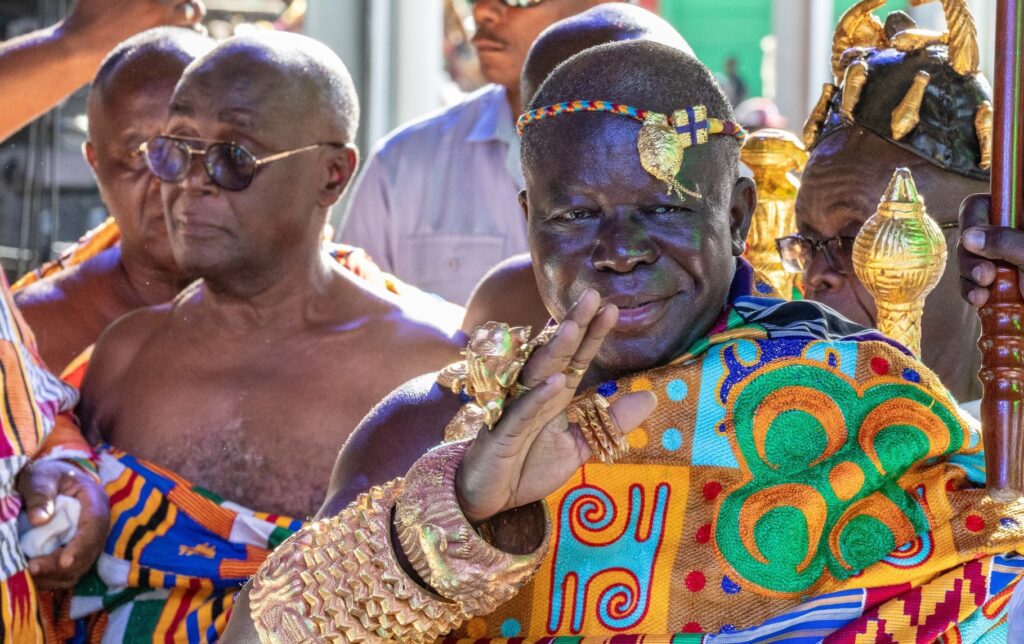I welcome Prime Minister Rowley’s warm overtures to the Asante King Otumfuo Osei Tutu II on his recent visit to TT for the Emancipation celebrations.
It is the prayer of African-Trinidadian entrepreneurs and professionals that after walking from the Brian Lara Promenade to the Emancipation Village, Queen’s Park Savannah, actions will further lead to feet on the ground in the cities of Accra, Kumasi and Ho in Ghana.
The Ghanaian nation has taken the lead in welcoming the African diaspora (people of African descent living outside of the African continent) back to Africa. They have acted on the symbolic overtures of the African Union which has declared the African diaspora its sixth region by creating diaspora-friendly legislation in the Ghanaian parliament.
There are now clear pathways to citizenship, land ownership and business investment opportunities. Other countries including Kenya and Gambia are moving expeditiously in the same direction.
Dr Rowley was right to point out the psychological significance “of the presence, stature and majesty of African royalty” personified in His Royal Majesty Otumfuo Osei Tutu II and his colourful entourage.
This must be followed up with practical and pragmatic actions by the Ministry of Foreign and Caricom Affairs, the Ministry of Tourism, Culture and the Arts, the Ministry of Trade and Industry, the Ministry of Education, and the Ministry of Finance. They must build on the Prime Minister’s interests in educational exchange between universities of the Caribbean and universities in Africa.
Caribbean universities are strategically positioned to attract students from Africa. Presently there are 60,000 African students in China, 27,000 in Russia and there were 26,500 in Ukraine before the recent conflict. What does this evidence tell us? Rowley’s comments were right on point – that there exist job opportunities in the 1,297 officially recognised universities in Africa.
There are nine million students enrolled in African universities with two potential students turned away due to limited university places and or inflexible financial payment plans. In Africa, “Currently the average lecturer to student ratio stands at 1:500 when the United Nations Education and Science Organization (UNESCO) recommended ratio is 1:45. Ghana is doing better than most other African nations in this area with eight public universities, 2,676 academic staff and a student body of 128,326, a ratio of 1:479.
So challenge our young professionals who looked so elegant in their African attire to build on the symbolic impact of the Asante king’s visit. Certainly a low hanging fruit for the TT Government would be to sign the partnership agreement with the African Export Import Bank which would release US$1.5 billion into the region to develop trade between Africa and Caricom.
RONALD A NATHAN



Responses